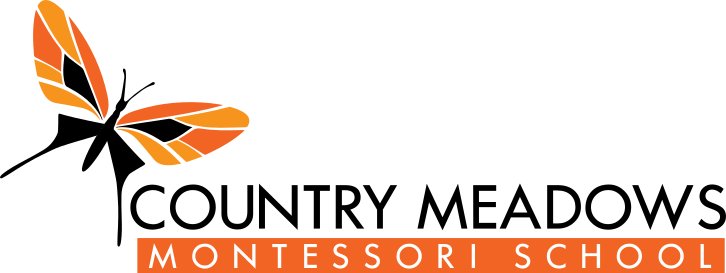Adolescent (12-14 years)
Because the adolescent is no longer a child, they require a new type of environment in which to begin the process of constructing him/herself as an adult member of society. Country Meadows Montessori has established a program for the adolescent which provides a unique combination of individualized academic and social opportunities that promote the process of hard work enabled by customized instruction.
Gone is the vast array of teaching materials that fill the elementary classroom. The adolescent brain is changing dramatically and becoming an abstract tool in which to navigate the world. The adolescent body is growing and changing at a rate not seen since infancy. This exciting, yet tumultuous period in a human being’s life requires a calm, comfortable environment, filled with rich resource materials in which to study and learn. Primarily setting up young adolescents for success in high school comes down to incorporating creativity and choice, collaboration and strengthening their growing independence through the organization and time-management skill building. Providing structure and a strong foundation from the start, the curriculum allows for increasing independence as students move through these two years. Smaller classes permit the teacher to find their students’ strengths and insist on their best efforts. Our commitment to the success of every student is absolute. Students now must demonstrate a 90% mastery of each area of study through presentations, as well as, test scores.
All subjects are interrelated, and large blocks of thinking time are allowed for the emerging cognitive ability to explore possibilities and ideas. Curricula are interdisciplinary and multi-stranded, and applications to life are emphasized in each subject area.
At this age, their friends are critical to every facet of their adolescent happiness. To capitalize on that fact, the Montessori adolescent program incorporates many options for socializing that are integral to their learning. Students participate in group presentations at the end of every cycle, group activities during any content. Cooperative skills are enhanced through community service and community building activities. Students participate as interns for a week of internship served in local businesses. Class businesses allow students to exercise cooperative and practical applications of skills.
Across the curriculum, students are encouraged to debate, defend, share, assert, converse, and challenge the presented content. Nearly half of the curriculum is delivered in a small group setting, with the exception of “collaborate; don’t separate”. Students learn to practice acceptance, equity, sharing responsibility, and accountability. For many, initially there may be frustration with these concepts, and perhaps working with certain individuals. After the two year program, however, most students find group works productive and painless, creating thoughtful presentations. These skills only enhance their entry into high school facing working with others; all others.



